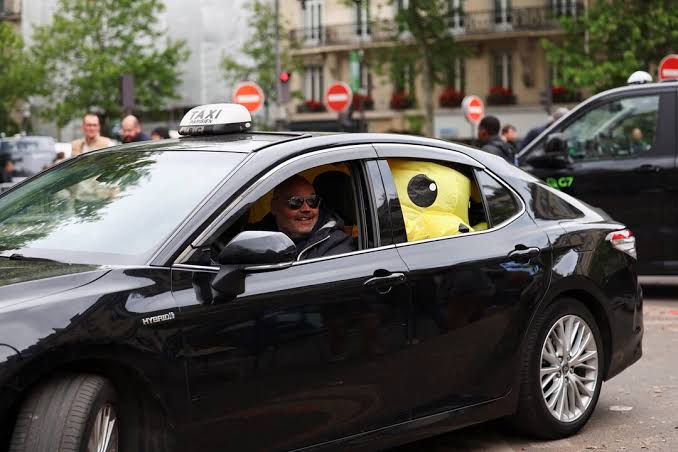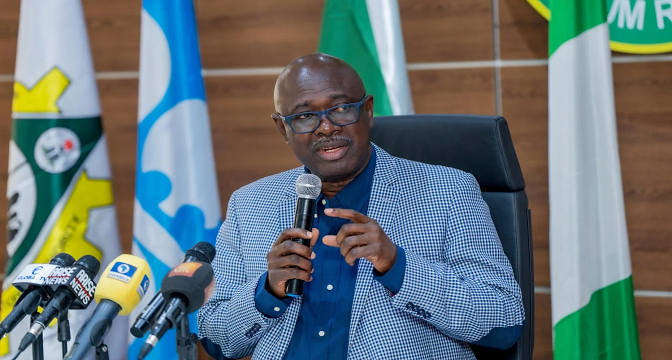
French taxi drivers are staging regular protests against proposed government cuts to payments for transporting patients to and from medical appointments, highlighting the challenges Prime Minister Francois Bayrou faces in his efforts to slash next year’s budget and rein in the country’s deficit.
Bayrou is aiming to implement a 40 billion euro ($45 billion) budget squeeze in 2026, framing the collective austerity measures as a civic duty necessary to address France’s significant deficit. The government’s plan to reduce health spending, the single biggest drain on the budget after pensions, includes targeting 150 million euros in savings from the 6 billion euros spent annually on private taxi and ambulance firms providing patient transport services.
Taxi drivers from across France, many of whom rely on state-funded fares for a substantial portion of their income, have been converging on Paris since mid-May to participate in angry protests that have resulted in dozens of arrests. Some drivers from outside the capital have resorted to sleeping in their cars, while others have attempted to block access to Paris’ airports and have threatened similar disruptions to the French Open tennis tournament held on the city’s outskirts.
Sandra Vialatte, who manages a taxi firm in the Loiret region south of Paris, criticized the government for failing to listen to the industry’s proposals for reducing costs. “We understand that savings need to be made, we have solutions to save money, we try to propose them but they close the door to discussions,” she stated during a protest last week.
France has a history of exceeding EU overspending limits and currently has the largest public sector deficit in the Eurozone, estimated at 5.4% of economic output this year. The government’s planned 40 billion euros in budget savings is crucial for France to meet its deficit target of 4.6% next year, which it views as a vital step towards achieving the EU’s 3% ceiling by 2029.
France’s budget difficulties are hindering its efforts to increase defense spending to counter potential Russian aggression and are attracting unwanted scrutiny from credit rating agencies. Furthermore, U.S. President Donald Trump’s tariff threats pose a risk to the country’s economic growth.
The independent public audit office recently warned that the social welfare and health systems’ finances were “out of control,” partly due to the rising costs of services such as medical transport.
Bayrou, a long-standing advocate for fiscal responsibility, has pledged to unveil a plan in early July to distribute the burden of austerity broadly, emphasizing that France will not be able to control its public spending without a collective effort and sacrifices.
Read more: Mayotte: Macron Reviews Recovery
“All French people will have to make an effort,” Bayrou said on BFM TV on Tuesday, adding that he would not “target any category of French people at the expense of another.” However, both the hard left and far right argue that Bayrou is doing precisely that by singling out taxi drivers.
Centrist lawmaker Pieyre-Alexandre Anglade argued that the government must remain firm if it is to achieve the 40 billion euro savings target. “Things got a little bit out of control with the taxis in recent years, and now the tap needs to be turned off,” he told Reuters. “The government needs to stand its ground.”



